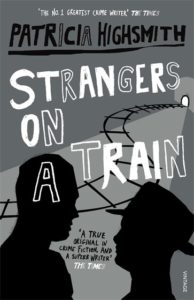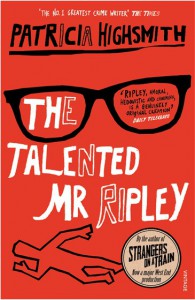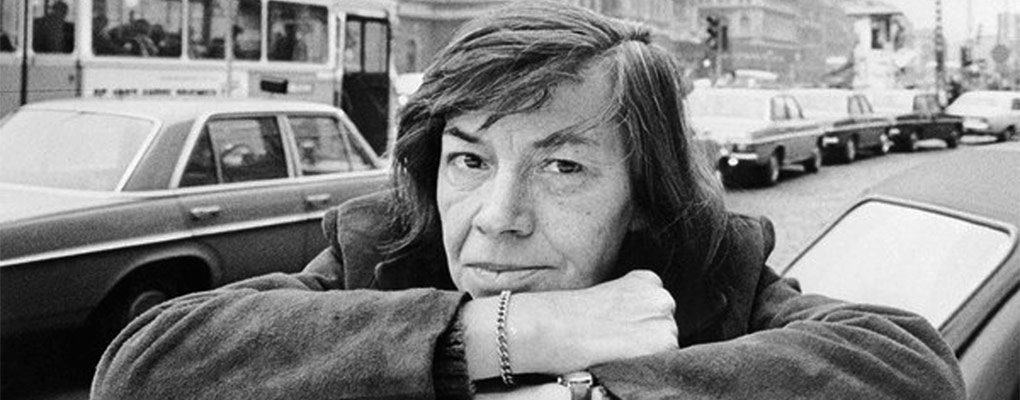Books
M J Arlidge on Patricia Highsmith
Patricia Highsmith taught me to love the bad guys. Her writing, like her life, was unconventional and in novels like Strangers on a Train, The Talented Mr Ripley and The Cry of the Owl, she took me to worlds that were disquieting yet thrilling. There are no virtuous heroines or plucky cops in these stories – her protagonists are anti-heroes for whom criminality and immorality is a natural and logical choice.
We thrill at their transgression as we try to penetrate their motives. Highsmith helps us, layering on the psychological complexity making us slowly warm to callous killers like Tom Ripley. Whilst we don’t condone them, we can’t fully condemn them either because Highsmith ensures we understand what drives them. This is her genius. And it left me with a lifelong (and abiding) interest in the psychology of criminals.
This is no great claim – the same could be said of every lover of crime fiction. Yes, we love our heroes and  heroines and want them to succeed, but surely what interests us most about crime, both real and imagined, is why people commit acts that they know to be harmful and immoral. It is the why that intrigues us more than the how, when and where.
heroines and want them to succeed, but surely what interests us most about crime, both real and imagined, is why people commit acts that they know to be harmful and immoral. It is the why that intrigues us more than the how, when and where.
Nobody does the “why” better than Highsmith, presenting the neuroses, obsessions and vulnerabilities of her transgressive characters without sentiment or judgement. She depicts them as they really are – she has no interest in making them likeable, she simply wants them to be believable. If one wants to learn how to create compellingly flawed characters, one could do a lot worse than read her canon from start to finish. Start perhaps with The Cry of the Owl, a brilliant novel about a woman who confronts, befriends and later begins a relationship with her stalker.
Serial killers lie at the extreme end of the spectrum – they are the baddest of bad guys. Our interest in their psychology is even more acute, as their behaviour is often bewildering in its depravity and aggression. Highsmith holds a mirror up to them and then – and this is another reason why I love her – turns it back on us.  For nobody is innocent in her world – we are all tainted to a greater or lesser degree.
For nobody is innocent in her world – we are all tainted to a greater or lesser degree.
Highsmith had a strong streak of misanthropy in her, preferring solitude or the company of her pet snails to other humans and this disdain for humanity seeps into her fiction. The world she presents is a lapsed Eden, full of sinners, where true goodness is in short supply. When I read her work, I’m often reminded of two of my other favourite authors – Graham Greene and J.G.Ballard – who also excelled at presenting the world as a rotten apple and its inhabitants as compromised and sinful.
Some may find the vision Highsmith presents as overly pessimistic or bleak. I find it realistic and compelling – nobody is totally innocent nor completely evil in real life, there are always shades of grey. And that for me, in the final analysis, is where Highsmith excels, tapping into the dark thoughts and seething insecurities that lurk within all of us. Perhaps, after all, we are all capable of becoming a Tom Ripley or a Charles Anthony Bruno. It’s a sobering thought.
M J Arlidge is the author of the chilling DI Helen Grace serial killer thrillers. Take a look at the Helen Grace books in order here.



Please note: Moderation is enabled and may delay your comment being posted. There is no need to resubmit your comment. By posting a comment you are agreeing to the website Terms of Use.